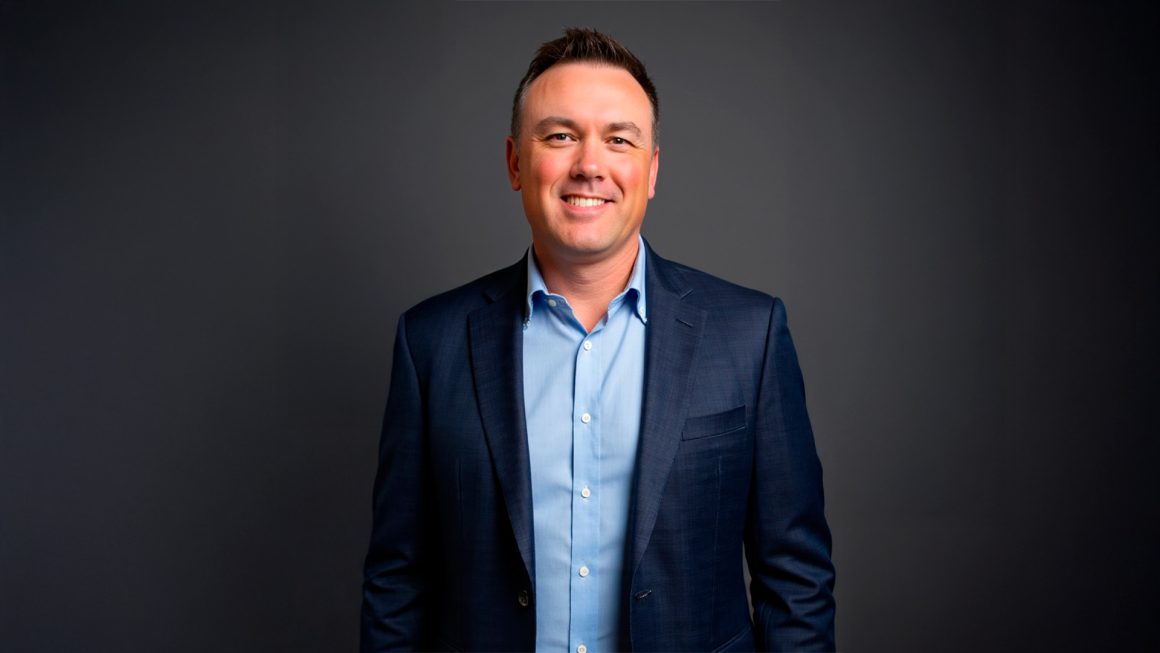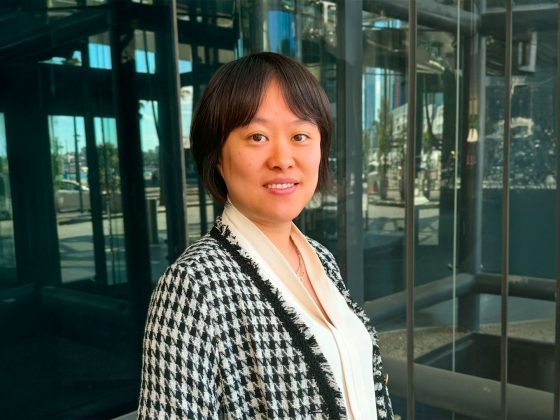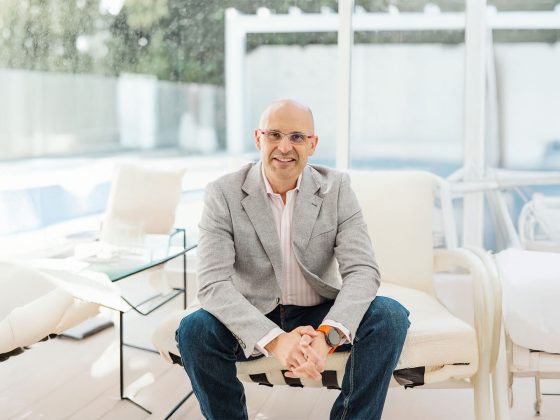Financial literacy remains a critical gap in traditional education, leaving many young people unprepared for real-world money management challenges. For Brad Burns, addressing this education shortfall became a passion that led to his active involvement with Junior Achievement of Greater Saint Louis (JASTL), an organization that teaches entrepreneurship, financial literacy, and work readiness skills to students across America. As a board member for five years, Brad has witnessed firsthand how the program empowers young people with practical skills that schools often overlook.
Creating Real-World Financial Experience
Junior Achievement’s approach centers on immersive, hands-on learning experiences that mirror adult financial responsibilities. “We have a building here in St. Louis with a little town inside called JA Biztown, and schools come out with up to 130 students where everybody has jobs and responsibilities,” Brad explains. “There’s a CEO, CFO, mayor, and many other roles. Everybody gets a paycheck and they have their little check register to keep track of what they got paid and how much they have spent.”
This simulated economy gives students practical experience managing money before facing real-world consequences. Brad believes these foundational skills are critically lacking in traditional education. “It should be a mandatory thing in high school curriculum to understand how compound interest works, how mortgages work, how credit cards work. People don’t even understand these things, and then it’s trial and error when you get out there,” he notes.
Beyond Traditional Career Paths
Junior Achievement has expanded its programming to include trades education, responding to workforce needs and diverse student interests. “Junior Achievement of Greater Saint Louis just started a trades program which will be at its facility in Chesterfield along with a mobile unit that will go to communities within JASTL’s geographic area,” Brad shares. “The mobile unit has tables that roll out from this trailer with setups for electrical, mechanic, and carpentry work, showing through hands-on activities what these professionals typically do.” This approach acknowledges that four-year college isn’t the right fit for everyone. Brad sees tremendous opportunity in the trades sector: “There’s going to be a lot of people in the trades retiring over the next several years, creating a giant gap in the market. It’s an amazing time to learn a trade, then expand your knowledge to potentially open a company that’s trade-related.”
The program naturally cultivates leadership abilities by giving students meaningful responsibilities within their simulated economy. “It helps build confidence when you give a kid responsibility with clear job descriptions and expectations,” Brad observes. He volunteers annually and enjoys seeing students rise to the occasion: “It’s amazing to see some kids really step up and be responsible and engaged in doing their job.” These leadership opportunities sometimes reveal surprising talent. Brad recalls, “My son was at JA Biztown earlier this year, and for kids that are 10-11 years old, you wouldn’t think someone named CEO of a little company would be super engaged. But I observed this little girl who took her job seriously, by making sure everyone did what they needed to do to completed their tasks.”
National Reach, Local Impact
While headquartered in Colorado, Junior Achievement operates chapters nationwide, including Brad’s local chapter serving Greater St. Louis. “We serve not just the metro area, which gives different perspectives from kids who’ve lived in the city their entire life compared to those from rural or suburban areas, we reach students throughout Missouri, Southern Illinois and into Terre Haute , Indiana.” This broad reach means Junior Achievement of Greater Saint Louis serves hundreds of thousands of students annually, creating opportunities across diverse communities. Brad takes pride in St. Louis being “one of the more active markets in terms of engaging the community.”
Brad actively mentors young people, offering guidance he wishes he’d received. “I grew up in a rural area. Nobody in my family had graduated college or was an entrepreneur, and I didn’t really know any entrepreneurs,” he shares. “I’ve been fortunate to have some success, and if I can help somebody who’s trying to figure it out, I’m happy to do that.”
For students beginning their Junior Achievement journey, Brad offers straightforward advice: “Just engross yourself and try to learn as much as you possibly can. Develop those basic skills that are transferable not just in business but in your personal life too. Give 100% and remember both the good and the bad parts of what you learn.”
To learn more about Brad W. Burns, check out his LinkedIn profile.










